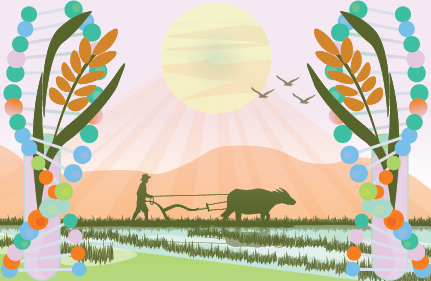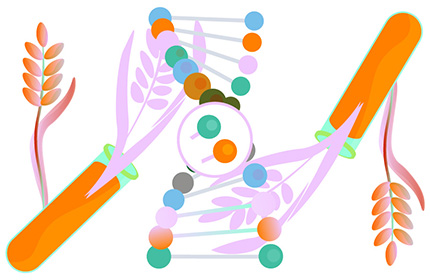Genome Editing in Agriculture: Status in Bangladesh and Way Forward
-
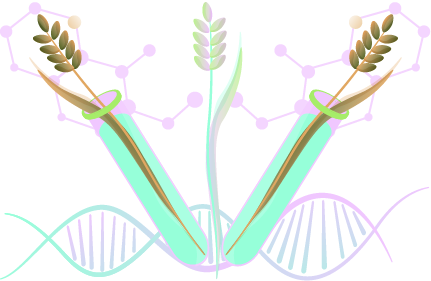
June 1, 2022
3:30 pm - 6:00 pm(Virtual - Time in BST)
Dhaka, Bangladesh
Video
Overview
Genome editing has emerged as a new tool that enables both precise and efficient targeted modification of an organism’s genome, thus accelerating the pace of plant breeding. The enormous potential of this technology for agriculture and life sciences is now being used extensively by scientists all over the world to incorporate desirable genes in different crops, be these cereals, pulses, oilseeds, fruits, or vegetables. Some examples are crops resistant to disease, such as citrus greening and Panama disease for banana, climate-resilient wheat and rice that can grow well under higher temperatures, submergence, and saline soils, tomatoes and ground cherries suited for efficient farming systems indoors or in the field, and cassava, rice, wheat, millet, and mustard with improved nutrition or lower anti-nutritional traits. Several such products viz. high oleic low linolenic (HOLL) soybean, non-browning mushroom, blight resistant rice, and gamma-amino butyric acid (GABA) tomato have been permitted for use in the USA, Japan, and Colombia. Progress through the application of this technology is expected to play an important role towards faster growth in productivity critical for meeting sustainable development goals (SDGs), especially the goals of zero hunger and sustainable food, nutrition and environmental security.
Recognizing the enormous potential of genome editing innovation for plant improvement, several institutions in Bangladesh have initiated research projects aimed at harnessing this innovation to accelerate genetic improvement through plant breeding in different crops. Organized by the Bangladesh Academy of Sciences (BAS), South Asia Biosafety Program (SABP), Agriculture & Food Systems Institute (AFSI), and Biotech Consortium India Limited (BCIL), this webinar showcased such research initiatives and facilitated discussions on how to take this forward for the benefit of farmers and consumers in the country.

Speakers
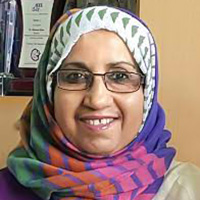
Prof. Dr. Haseena Khan
Secretary, BAS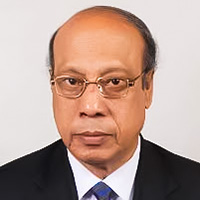
Prof. Dr. Abul Kalam Azad Chowdhury
President, BAS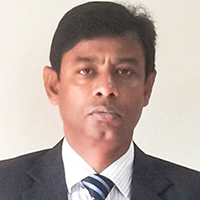
Dr. Md. Shahjahan Kabir
Director General, Bangladesh Rice Research Institute (BRRI)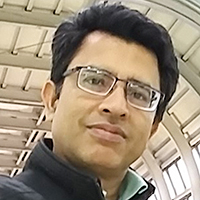
Dr. Md. Salimullah
Director General, National Institute of Biotechnology (NIB)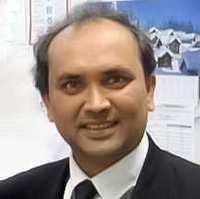
Dr. Md. Tofazzal Islam
Professor, BSMRAU and Fellow, BAS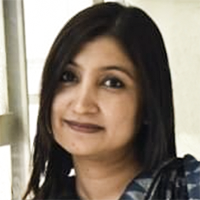
Mst. Muslima Khatun
Senior Scientific Officer, NIB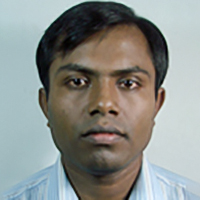
Dr. Md. Panna Ali
Senior Scientific Officer, BRRI
Dr. Stuart Smyth
Associate Professor, University of Saskatchewan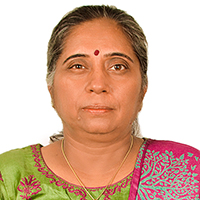
Dr. Vibha Ahuja
Chief General Manager, BCIL
Dr. Andrew F. Roberts
Chief Executive Officer, AFSI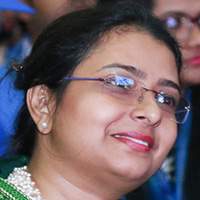
Dr. Aparna Islam
Professor, Brac University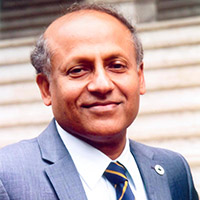
Dr. Rakha Hari Sarker
Country Coordinator, SABP and Professor, University of Dhaka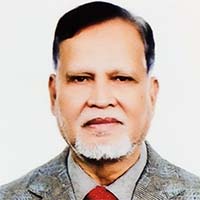
Dr. Zahurul Karim
Vice President, BASAgenda
3:30 pm
Welcome Address
Prof. Dr. Haseena Khan, Secretary, Bangladesh Academy of Sciences (BAS)
3:40 pm
Opening Remarks
Prof. Dr. Abul Kalam Azad Chowdhury, President, Bangladesh Academy of Sciences (BAS)
3:50 pm
Remarks by the Guest
Dr. Md. Shahjahan Kabir, Director General, Bangladesh Rice Research Institute (BRRI)
4:00 pm
Remarks by the Guest
Dr. Md. Salimullah, Director General, National Institute of Biotechnology
4:10 pm
Gene Editing in Wheat
Dr. Md. Tofazzal Islam, Professor, Bangabandhu Sheikh Mujibur Rahman Agricultural University (BSMRAU) and Fellow, BAS
4:25 pm
Gene Editing in Eggplant
Mst. Muslima Khatun, Senior Scientific Officer, National Institute of Biotechnology
4:40 pm
Gene Editing in Rice (Aromatic and Insect res.)
Dr. Md. Panna Ali, Senior Scientific Officer, Bangladesh Rice Research Institute (BRRI)
4:55 pm
Gene Editing in Agriculture: Global Developments
Dr. Stuart Smyth, Associate Professor, University of Saskatchewan
5:10 pm
Updates of Gene Editing Regulation in India
Dr. Vibha Ahuja, Chief General Manager, Biotech Consortium India Limited
5:25 pm
Discussion Session on Support Required for Taking Forward Research to Commercialization
Prof. Dr. Haseena Khan, Secretary, BAS
Dr. Andrew F. Roberts, Chief Executive Officer, Agriculture and Food Systems Institute
Dr. Aparna Islam, Professor, Brac University
Dr. Rakha Hari Sarker, Country Coordinator, South Asia Biosafety Program and Professor, University of Dhaka
5:50 pm
Closing Remarks
Dr. Zahurul Karim, Vice President, Bangladesh Academy of Sciences (BAS)

